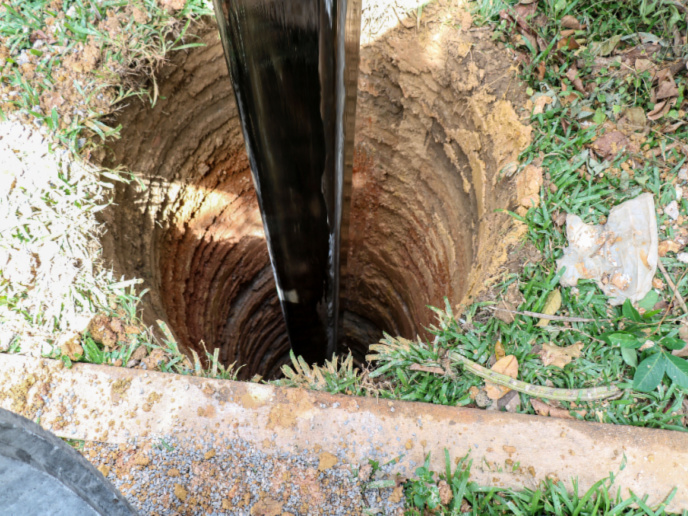Understanding the geochemical behaviour of long-lived fission products and actinide ions
Most studies related to the safety and performance assessment of radioactive waste disposal involve a lot of research. Within this context, the release of radionuclides from the waste into the biosphere, the groundwater movement relative to this mobility, and the radionuclide transport are investigated. Unlike these, studies on the chemical behaviour of radioactive material may be very limited in their use since they are valid only for the specific geochemical conditions. To overcome this limitation a key research working area is the predictive geochemical equilibrium modelling. Thereby, all relevant chemical reactions are required along with a database of their thermodynamic constants. However, this information is incomplete, as key processes that control contaminant behaviour are still not fully understood. Addressing this issue, the ACTAF project focused on studying the aquatic chemistry and thermodynamics of actinides and fission products relevant to nuclear waste disposal. The sound scientific basis of the safety and performance assessment of nuclear waste disposal is a key requirement for the future use of nuclear energy. Within this context this project provided a better insight on the actinides interaction at the mineral/groundwater interface. Another significant project achievement includes the completion of the database for the tetravalent actinides, an important step for the prediction of the geochemical behaviour of plutonium. For more information on project results (process understanding, thermodynamic data geochemical models) can be accessed at: http://www.fz-rossendorf.de/projects/ACTAF/(opens in new window)





